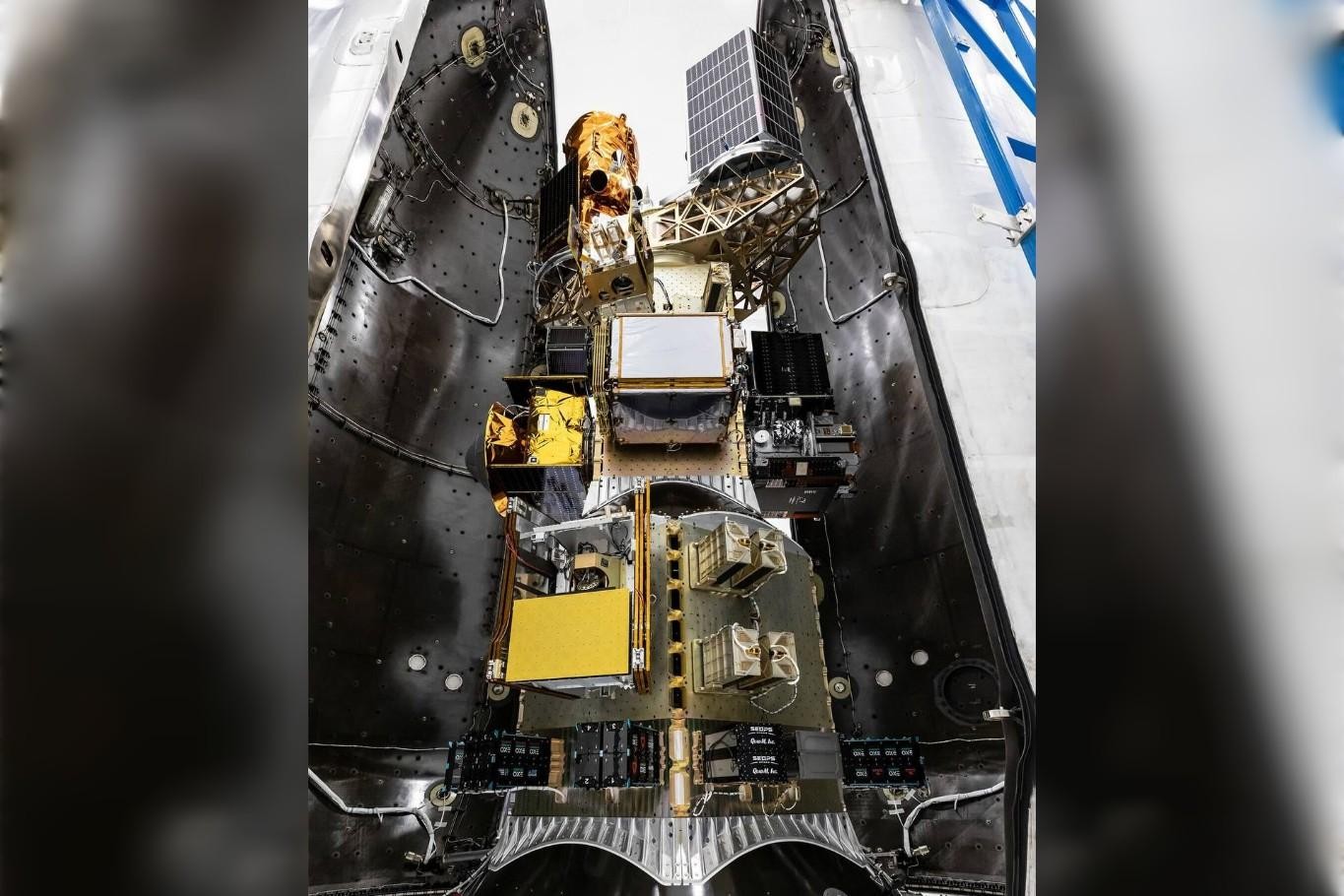
Google Research has taken a major step in advancing wildfire detection with the successful launch of its first FireSat satellite on March 17, 2025. This marks the beginning of a high-tech initiative designed to identify and track wildfires in real time using artificial intelligence.
Google and Alphabet CEO Sundar Pichai announced the milestone on X, extending his gratitude to research partners and giving a “special thanks” to Elon Musk’s SpaceX for facilitating the launch aboard the Transporter-13 mission from Vandenberg Space Force Base in California.
What is FireSat?
FireSat is a collaborative project involving Google Research, satellite manufacturer Muon Space, non-profit Earth Fire Alliance, the Moore Foundation, and U.S. wildfire authorities. The initiative aims to build a constellation of over 50 satellites that will use AI-powered sensors to detect wildfires as small as 5×5 meters—roughly the size of a classroom.
The technology behind FireSat addresses a major gap in wildfire monitoring. Currently, authorities rely on low-resolution satellite imagery that is updated only a few times per day. FireSat will significantly improve this process by delivering high-resolution images every 20 minutes, enabling emergency responders to detect and contain fires before they spread uncontrollably.
Why FireSat Matters
Wildfires pose a severe economic, humanitarian, and environmental threat worldwide. Google’s blog post highlighted that existing satellite systems often fail to provide timely and precise data, leading to delayed responses and greater destruction. With FireSat, Google Research and its partners aim to revolutionize fire monitoring, reducing damage through early detection and rapid response.
Funding and Future Plans
Google.org, the philanthropic arm of Google, has contributed $13 million through the AI Collaborative: Wildfires initiative to fund the first satellites. As the full constellation of FireSat satellites comes online, it promises to provide unmatched global wildfire surveillance, improving emergency response efforts and potentially saving lives, homes, and ecosystems.
With the first satellite now in orbit, FireSat is set to transform the way wildfires are detected and managed, showcasing the power of AI in tackling one of the world’s most pressing environmental challenges.









